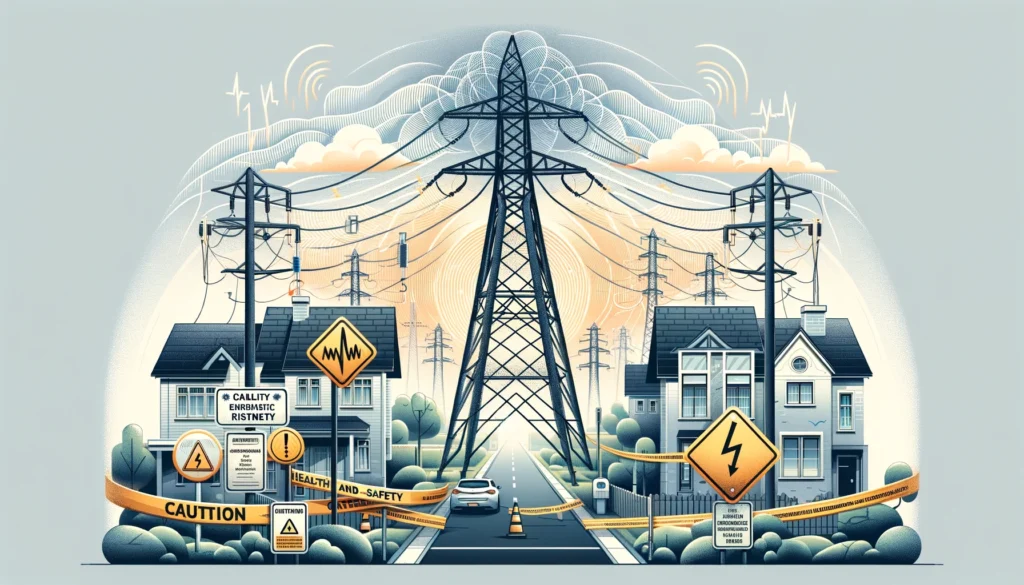The Shift from Farming to Modern Tech: Unearthing the Impact
The transition from traditional agriculture to a technology-driven economy marks a pivotal change in our societal landscape. This seismic shift, while opening new avenues for innovation and growth, also brings forth profound impacts on our cultural heritage, food security, and economic diversity. In this blog, we’ll explore the repercussions of moving away from farming towards modern technology and its far-reaching implications.
Unpacking the Transition
As modern technology sectors burgeon, the allure of potentially lucrative careers in tech often overshadows the age-old practice of farming. Younger generations are increasingly drawn to the digital world, leaving behind the fields for opportunities they perceive as more rewarding and aligned with the future.
The Cultural and Economic Impact
- Loss of Agricultural Knowledge: The generational knowledge and traditions associated with farming may fade, leading to a loss of cultural identity tied to agricultural heritage.
- Food Security Concerns: With fewer hands in the soil, local food production could decline, leading to increased dependence on imported goods and vulnerability to global market fluctuations.
- Rural Economies at Risk: The depopulation of rural areas, as individuals migrate to urban tech hubs, can lead to the erosion of rural economies and lifestyles.
The Tech Boom and Its Promise
- Innovation and Efficiency: Advancements in tech promise increased efficiency and the potential for sustainable solutions to global challenges, including those in agriculture.
- Economic Growth: The tech industry offers the potential for economic expansion, new job markets, and diversification of skills and services.
Finding Balance: Sustainable Integration
The key to navigating this transition lies in sustainable integration. Leveraging technology to enhance, rather than replace, the agricultural sector could lead to improved farming practices, better yields, and the revitalization of rural areas. Moreover, policies that support farmers and tech education can foster a balanced economic development where both sectors thrive.
The Future Landscape
As we chart this course, the impact on the environment, economy, and social structures will be profound. It is incumbent upon policymakers, educators, and community leaders to steer this transition responsibly, ensuring that while we embrace the future, we also preserve the essence of our past.
Conclusion
The shift from traditional farming to a tech-centric economy is a defining movement of our era. Its impact is as broad as it is deep, affecting not just the economy but the very fabric of society. Striking a balance between innovation and tradition could be the key to a future that honors our heritage while embracing progress.



